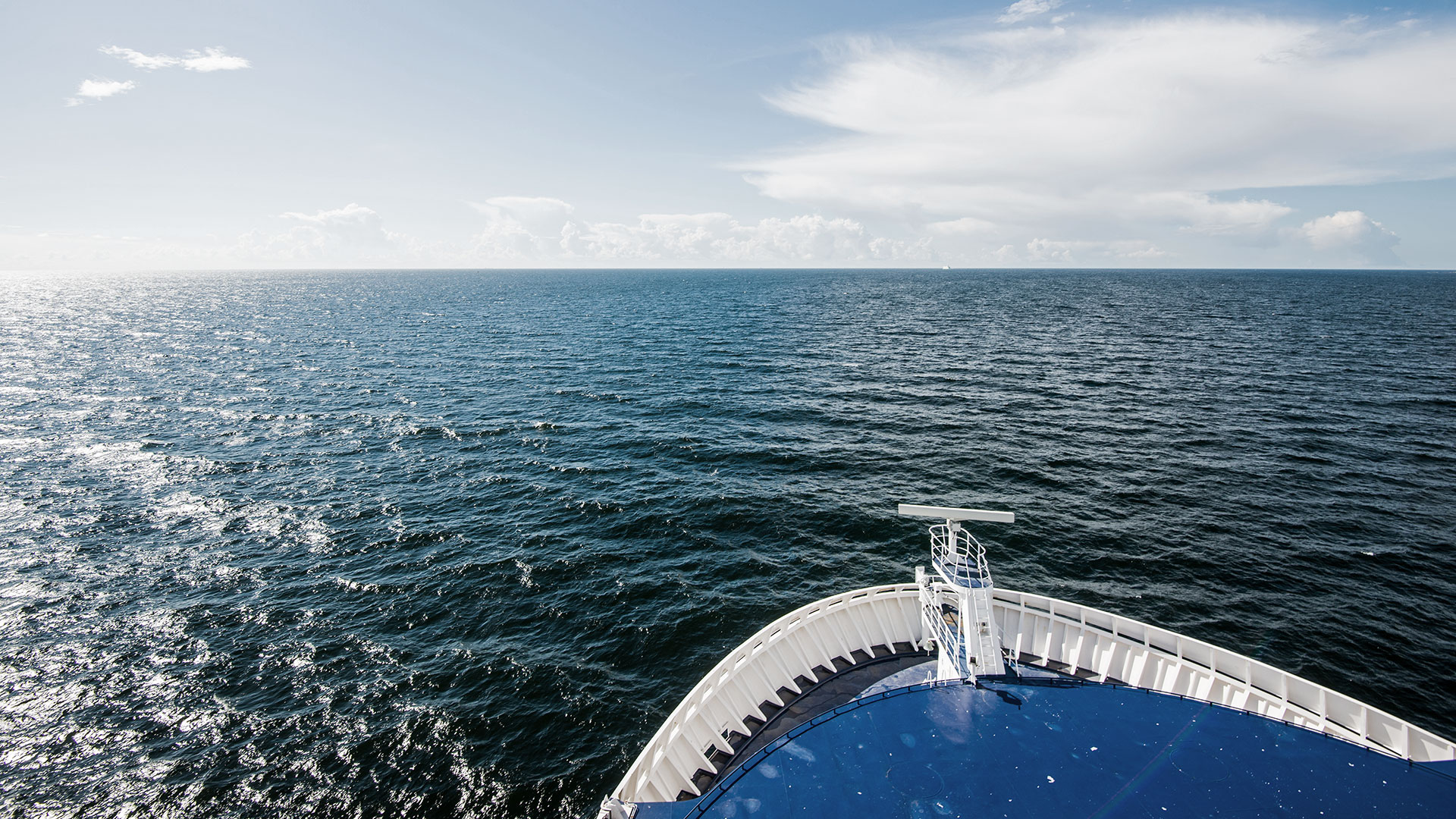Sustainable finance is a crucial component of the green transition.
Sustainable finance means investing and debt financing, using public or private capital, that takes environmental and social considerations into account. It is the financial market’s response to the emissions reduction targets set in global climate agreements, which require massive, long-term investments in sustainable initiatives. The demand has translated into major changes in legislation, most notably the EU’s sustainable finance package consisting of the Taxonomy Regulation, the Disclosure Regulation and the Low Carbon Benchmark Regulation, which apply automatically to all Member States.
Be it green bonds, ESG-linked lending or other instruments, our team supports you in moving towards sustainability. You can be confident that your project meets the latest sustainability standards.

















